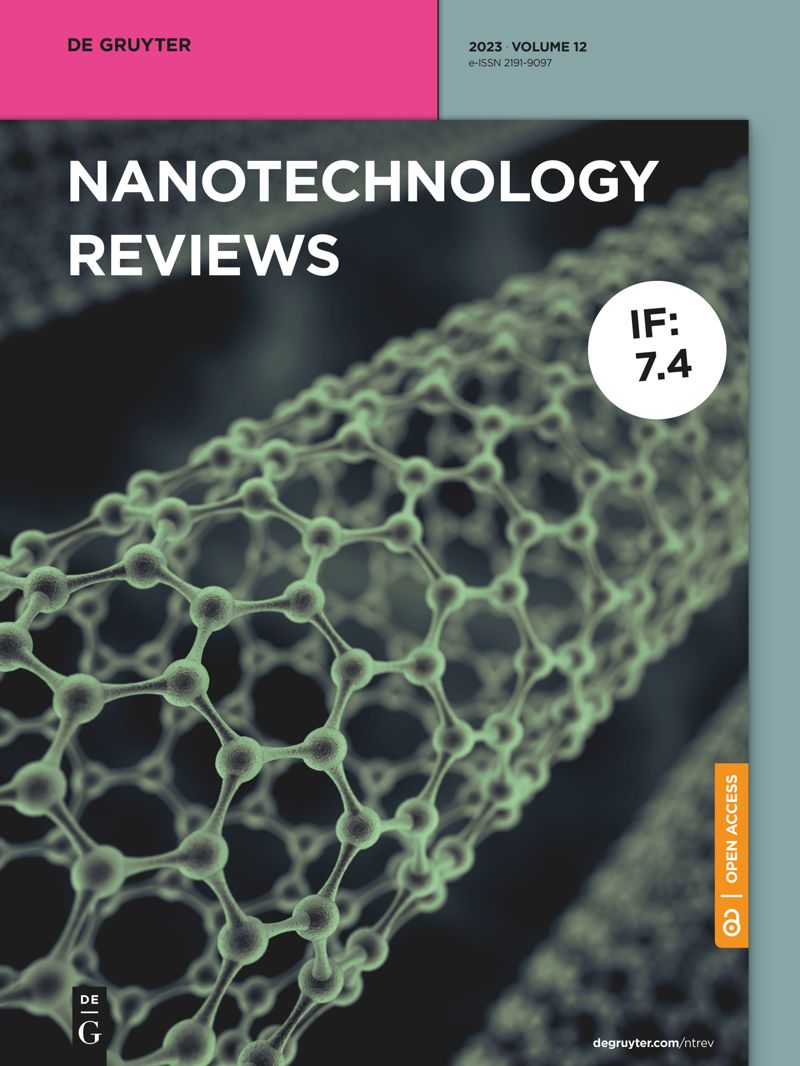可折叠发光器件用介电/金属/介电电极研究进展
IF 6.1
3区 材料科学
Q1 CHEMISTRY, MULTIDISCIPLINARY
引用次数: 0
摘要
柔性光电器件在可穿戴电子器件领域具有广阔的应用前景,其中优越的透明电极是实现高性能柔性光电器件的核心问题。目前常用的易碎的氧化铟锡(ITO)透明电极很难与柔性衬底相容。多层介电/金属/介电(DMD)结构薄膜作为下一代无ito电极正受到人们的关注。DMD电极的高透光率、超导电性和机械柔韧性使其有望成为高效光电器件。尽管对DMD电极的优化进行了大量的研究,但在获得可折叠透明导电电极并将其应用于发光器件(包括有机发光二极管(led)、量子点led和钙钛矿led)方面仍存在很大的差距。从这个角度来看,我们回顾了DMD电极在光学和电学性能以及机械灵活性方面的优势,并总结了它们在led中的应用。展望了DMD电极的物理性能、机理稳定性和应用可靠性等方面的研究方向。本文章由计算机程序翻译,如有差异,请以英文原文为准。
Recent progress in dielectric/metal/dielectric electrodes for foldable light-emitting devices
Abstract Flexible optoelectronic devices have a broad application prospect in the field of wearable electronic devices, among which the superior transparent electrode is the core problem in achieving high-performance flexible optoelectronic devices. The brittle indium tin oxide (ITO) transparent electrode, which is currently commonly used, is difficult to be compatible with the flexible substrate. Multilayer dielectric/metal/dielectric (DMD) structure films are attracting attention as next-generation ITO-free electrodes. High optical transmittance, super electrical conductivity, and mechanical flexibility of DMD electrodes make them promising for highly efficient optoelectronic devices. Despite substantial research on the optimization of DMD electrodes, a large gulf still exists in obtaining foldable and transparent conductive electrodes and applying them to light-emitting devices, including organic light-emitting diodes (LEDs), quantum dot LEDs, and perovskite LEDs. In this perspective, we review the superiority of DMD electrodes in terms of optical and electrical performance, and mechanical flexibility, and summarize their applications in LEDs. Furthermore, we also give future research directions for DMD electrodes regarding physical properties, mechanism stability, and application reliability.
求助全文
通过发布文献求助,成功后即可免费获取论文全文。
去求助
来源期刊

Nanotechnology Reviews
CHEMISTRY, MULTIDISCIPLINARY-NANOSCIENCE & NANOTECHNOLOGY
CiteScore
11.40
自引率
13.50%
发文量
137
审稿时长
7 weeks
期刊介绍:
The bimonthly journal Nanotechnology Reviews provides a platform for scientists and engineers of all involved disciplines to exchange important recent research on fundamental as well as applied aspects. While expert reviews provide a state of the art assessment on a specific topic, research highlight contributions present most recent and novel findings.
In addition to technical contributions, Nanotechnology Reviews publishes articles on implications of nanotechnology for society, environment, education, intellectual property, industry, and politics.
 求助内容:
求助内容: 应助结果提醒方式:
应助结果提醒方式:


